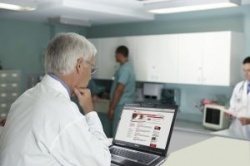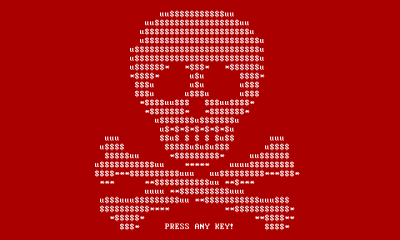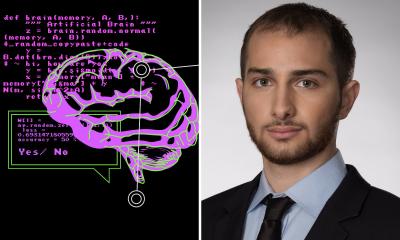Simplify information access for medical professionals
Dell announced a Mobile Clinical Computing (MCC) solution that addresses the unique challenges of hospitals when balancing the need to make patient information available to medical staff at the point of care and securing the information in the data centre to promote compliance with stricter compliance and patient data confidentiality regulations.

The slow elimination of paper records and the propagation of electronic patient data make data security a legitimate concern for hospitals and patients. Hospitals must protect critical information from unauthorised access and use while at the same time sharing it at the point of care for diagnosis and coordination of patient care. The proliferation of applications and devices such as handhelds, laptops, tablets, carts and desktops adds to the complexity of this challenge as hospital medical staffs spend precious time looking for the right applications to do their jobs and IT spends time managing and troubleshooting devices on the hospital floor. That’s inefficiency that hospitals can no longer afford.
With Mobile Clinical Computing, Dell is helping members of the hospital staff work more efficiently by offering a virtual client solution that is easier for clinicians to use and IT teams to manage.
What is new?
• Dell Mobile Clinical Computing (MCC) Simplifies Management for IT and Information Access for Medical
Professionals and helps improve information security, staff productivity and care quality.
• Data Security: Patient information and applications are protected and managed centrally in the data
centre
• User‐friendly convenient Access: MCC enables access to role‐based applications and data from any
device anywhere in the hospital. Single sign‐on, session roaming and location awareness simplify
interaction for clinicians.
• Simplified Management: Applications are updated in minutes instead of hours. IT manages digital
identities in the data centre, not mobile devices on the hospital floor
• Shift from Managing Devices to Managing Identities. MCC simplifies information security and management for IT and information access for medical professionals by locking applications and patient information in the data centre and shifting IT focus from managing a growing number of end‐user devices to managing user “digital identities.” Digital identities are a combination of user profile, preferences, applications and privileges that give medical professionals authorised access to applications from any device anywhere in the hospital. Medical professionals perform rounds without hunting for patient paper records or the right device for the job.
• A Complete Information‐Sharing Solution for Hospitals. Dell is providing a complete solution from design,
validation and implementation of the MCC infrastructure, to integration of clients, servers and software with training and 24/7 service and support.
• Managed/Hosted MCC. For hospitals that want to delegate the day‐to‐day management of client and shift
their computing expenditures from capital expenditures to operating expenses, Dell will also offer a
managed, hosted version of MCC in the near future.
• Availability. MCC is available to hospitals in the U.S. and in the U.K., France, Germany, Belgium, the
Netherlands, Switzerland, Spain, and Italy.
20.11.2009





